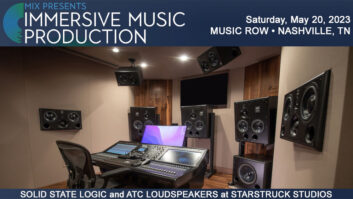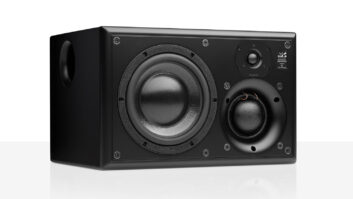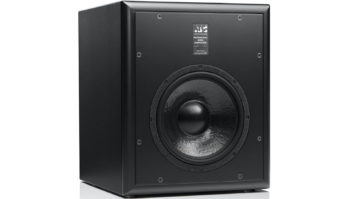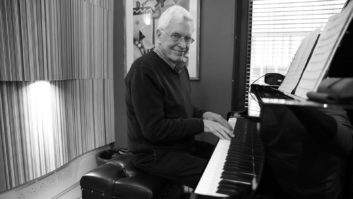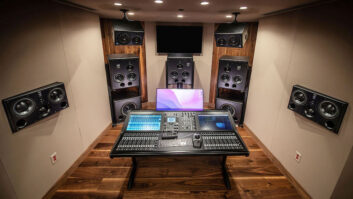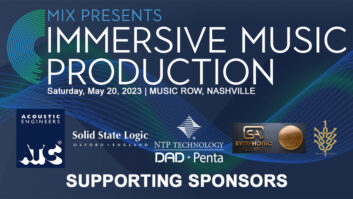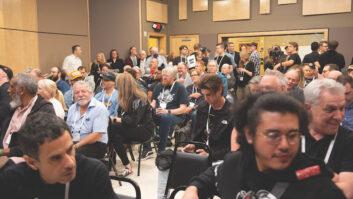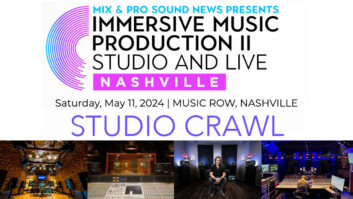Las Vegas, NV (August 25, 2016)—When 10-time Grammy Award-winning engineer Michael Bishop recorded the world-premiere of composer Jonathan Leshnoff’s Symphony No. 2 and his Zohar oratorio, he brought his ATC SCM150ASL monitors with him.
“The ATCs play a crucial role,” said Bishop. “I’m making all of my recording, mixing and mastering decisions right there, and it is thus paramount that I have an accurate image of every detail. Moreover, the 150s have the size and presence to give the producer and conductor a true impression of the recorded piece, which closes the feedback loop and gets us to a winning take with all due speed.”
At a session cost of $300 per minute for the orchestra, that’s obviously important. Direct-to-stereo mixes have always been a hallmark of Bishop’s work over the past few decades so that it’s second nature.
“With ATCs, I’m able to make, say, a one-inch change in the angle of a microphone and really hear its effect,” Bishop said. “Moreover, every ATC loudspeaker, from the 20s to the 300s, provides that same consistent level of detail.”
Bishop also tracked on ATC SCM25A nearfield monitors at IV Lab Studios in Chicago, where he recently recorded the Chicago-based avant-garde ensemble Eighth Blackbird performing pieces written by five different contemporary composers. Bishop and longtime collaborator and former Telarc producer Elaine Martone were under pressure to work quickly. “The detail revealed by the ATCs greatly aided our decision making process and enabled us to make good decisions on the spot. With any recording session, there are a million things to worry about and manage,” he said.
TransAudio Group
www.transaudiogroup.com
